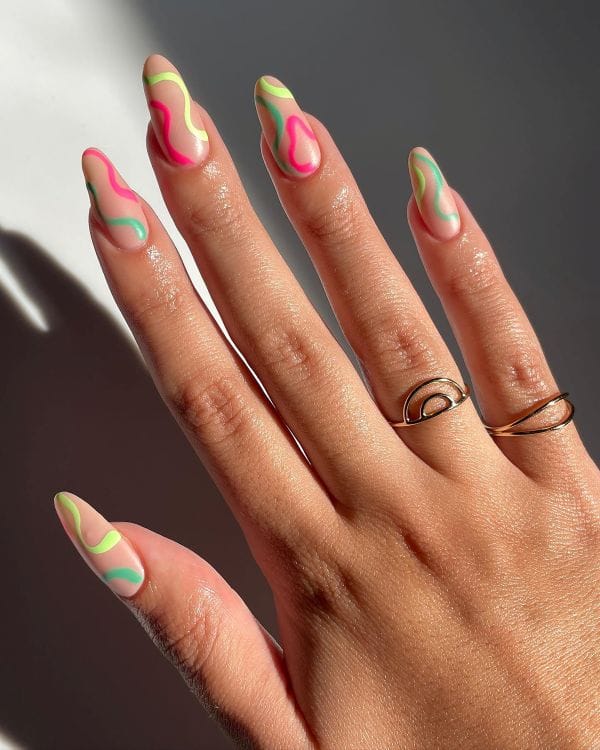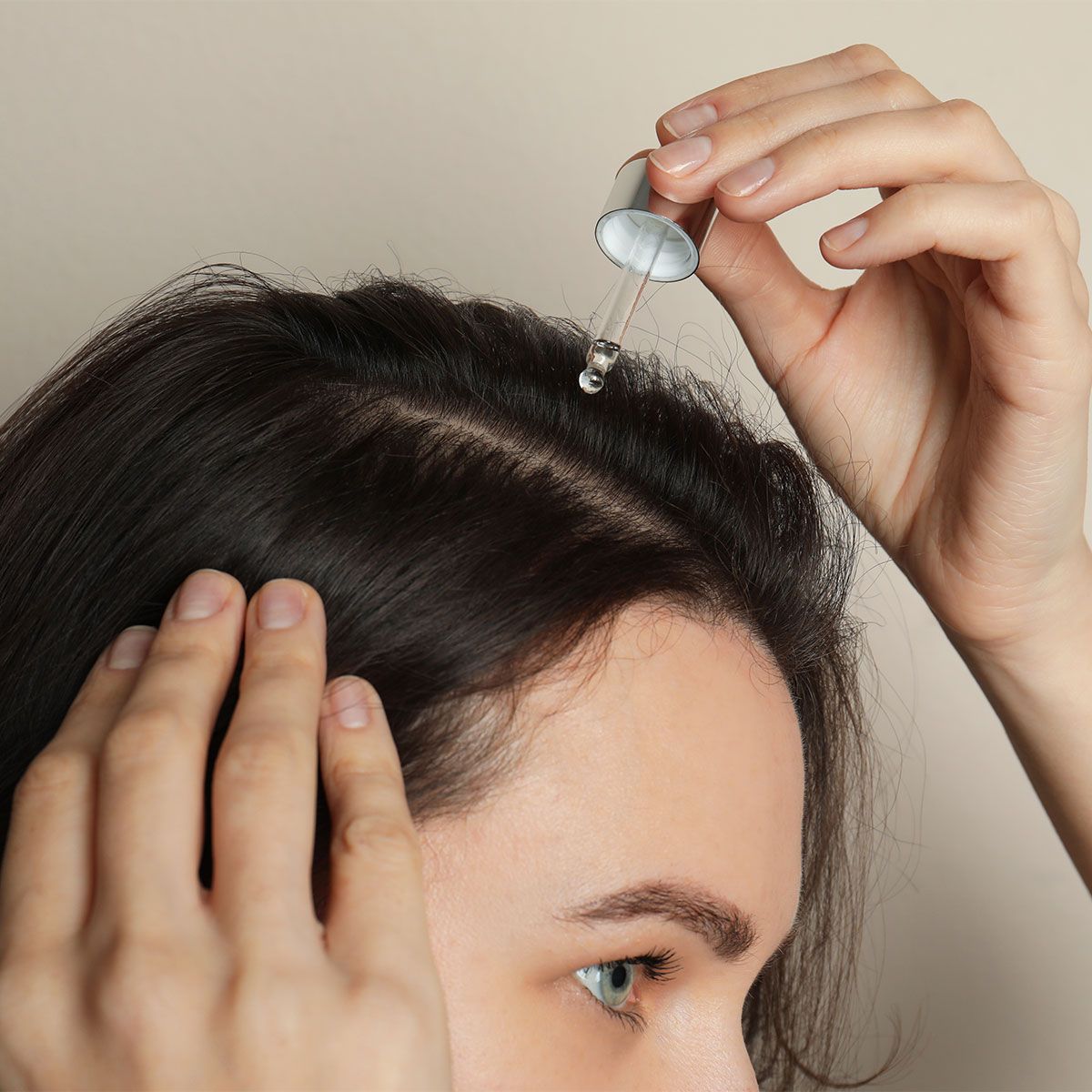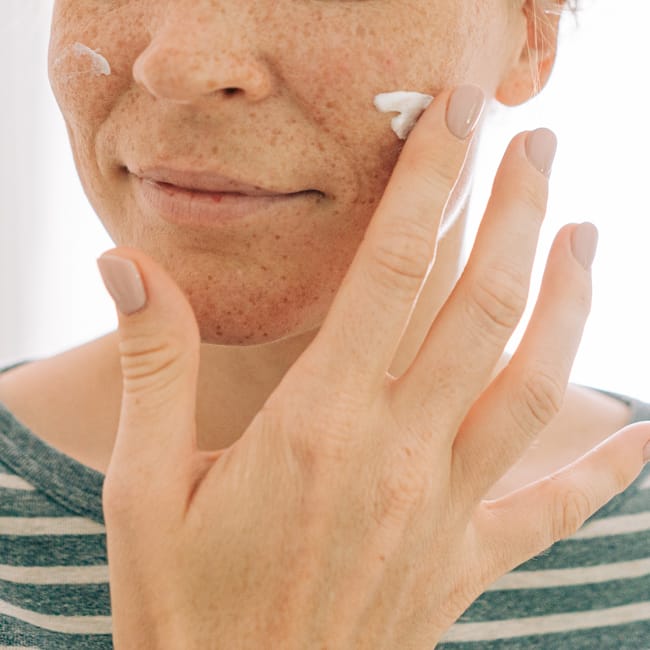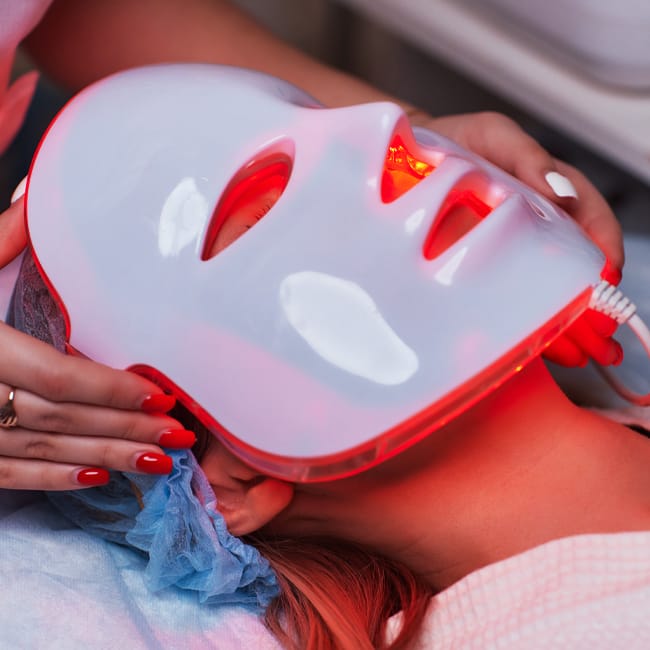Thinning hair isn’t a topic most people want to readily discuss. Let’s face it: the idea that your hair could be shedding and thinning with age often provokes stress and worry. You may wonder: will it ever stop? Is there anything I can do to slow its progression?
The best thing to do if your hair is thinning is to visit a dermatologist for a full examination to determine the cause of your hair thinning. From there, a treatment can be created that addresses the root cause, whether it’s stress, genetics, or damage to the scalp and hair. But you can also take steps toward balancing the oils on your scalp and helping to strengthen hair at the roots — and hair oils are a great place to start.
“Hair oils are used all over the world in many different cultures almost since the beginning of time,” said Dr. Jodi LoGerfo, dermatologist with the Orentreich Medical Group in New York City. “They are usually easily accessible and are inexpensive. A wide variety of oils have been used and newer ones are coming every day. The primary function of most hair oils is to act like an emollient, softening, moisturizing and smoothing the hair, however each oil has a unique characteristics.”
Here are some specific hair oils that Dr. LoGerfo recommends for thinning hair and what you need to know about each.
Almond Oil:
“Almond oil consists of fatty acids oleic, linoleic and palmitic and is a rich source of vitamin E,” Dr. LoGerfo said.
According to Dr. LoGerfo, some potential effects on hair from using almond oil include:
**Protection against ultraviolet (UV) damage from the sun. The fatty acids in almond oil have been shown to protect against UV radiation induced structural damage to the hair shaft.
**Acts as an emollient, being able to soften, smooth and moisturize dry hair.
** Improvement of hair’s elasticity – It has been reported to increase the elasticity of the hair as it fills the gap between cuticle cells making it more flexible.
Castor Oil:
“The oil is filtered and steamed to remove ricin, a toxic enzyme in the oil,” Dr. LoGerfo said. “It is a common additive in foods, medications and skin care products. Castor oil contains ricinoleic acid triglyceride, as well as linoleic, oleic, stearic, palmitic, linolenic fatty acids. Since it is rich in ricinoleic acid (a monounsaturated fatty acid) it can act as can occlusive moisturizer and prevent or decrease water loss. Castor oil is popular as hair oil (as well as for eyelashes).”
Potential effects on hair:
** Moisturizing –Ricinoleic acid has good moisturizing qualities on hair.
** Nurtures and nourishes hair – The fatty acids in castor oil have excellent penetrability of the hair shaft and there are claims that it can boost and support the hair follicle (Preedy, V.R & Watson, R.R., 2020)-I put a reference just in case.
** Has bactericidal, germicidal and fungicidal effects – Ricin and ricinoleic acid castor oil protect the scalp and the shaft of the hair from fungal and bacterial infections.
** May have a role in treating androgenetic alopecia (male/female pattern hair loss) – Ricinoleic acid has been shown in a study to infiltrate skin and act as an inhibitor of prostaglandin D2 synthase (PGD2). Ricinoleic acid has a two-dimensional structure, which is similar to the prostaglandin family. Castor oil has exhibited some effect on hair growth, but needs more research, Dr. LoGerfo added.
Argan Oil:
“Originally it has been used in cooking, and more recently [argan oil] has been used in cosmetics and in hair care products,” LoGerfo said. “It is composed of fatty acids oleic, linoleic, palmitic, stearic and linolenic. Also contains vitamin E.”
Potential effects on hair:
** Because of the high oleic acid content, it has been found to have regulatory effect on the secretion of sebum.
** Moisturizing effect – Argan oil seems to have good water holding capacity in hair.
** Enhances hair elasticity – Topical application has shown to have a statistically significant increase in hair elasticity.
How To Use Hair Oils
You can apply the oil to your hair either when it is damp or dry, Dr. LoGerfo said. “Using a few drops to a few pumps is plenty. Start about a centimeter from your scalp and use your hands to apply the oil to the hair working your way down. You may apply a little more to the ends, especially if they are dry or damaged.”
If applying oil to damp hair, Dr. LoGerfo recommends toweling dry your hair first. “Then, work a few drops of oil through your damp hair focusing on the hair (not the scalp) and work your way down,” she said. “Be sure to use the oil prior to combing because the oil will decrease the forces by which hair is combed. If using an oil on dry hair, start with clean and dry hair. Use a few drops of oil to treat frizzing or hair damage. You can focus on the areas you want to treat (e.g., frizzy or damaged ends).”
Hair oils may not prove a cure to hair shedding — and visiting a doctor is always recommended. But a stimulating scalp massage with an oil that has been proven effective for hair loss is a great haircare habit to incorporate into your routine.


























